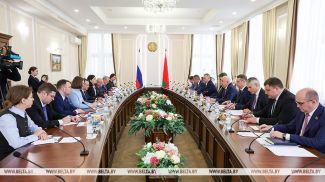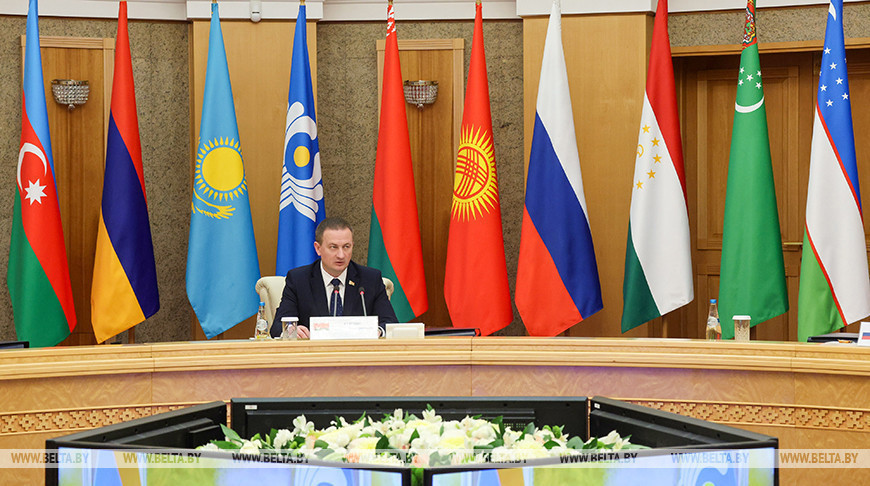
MINSK, 29 September (BelTA) – Belarusian Prime Minister Aleksandr Turchin outlined the development priorities of the Commonwealth of Independent States (CIS) during a meeting of the CIS Heads of Government Council in Minsk on 29 September, BelTA has learned.
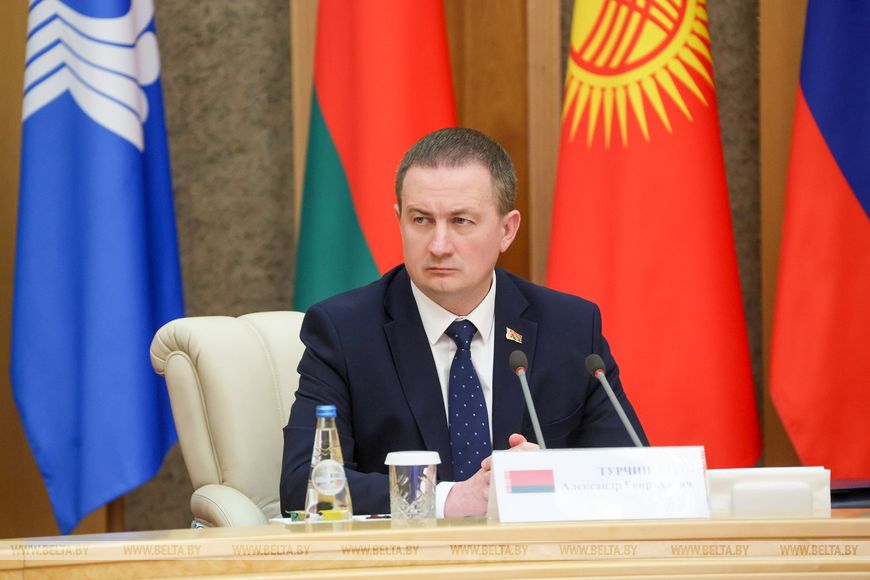
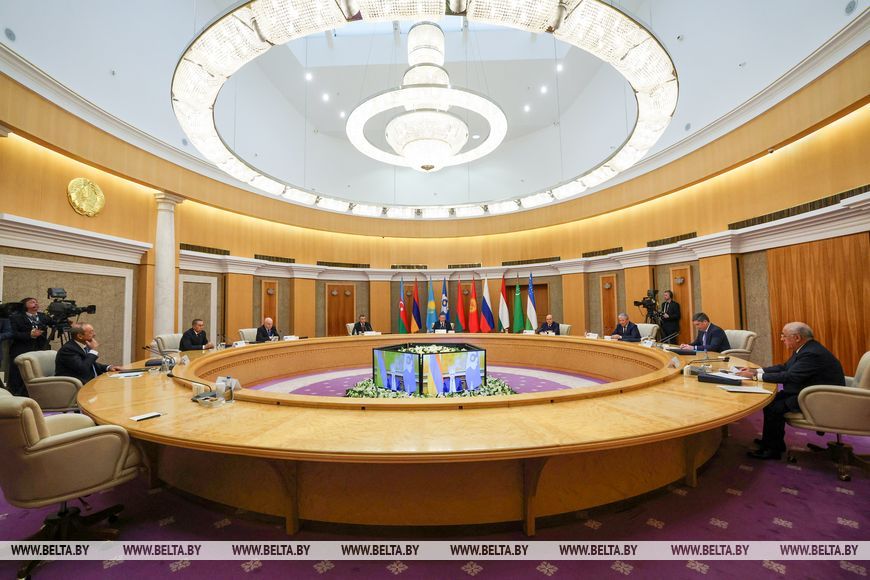
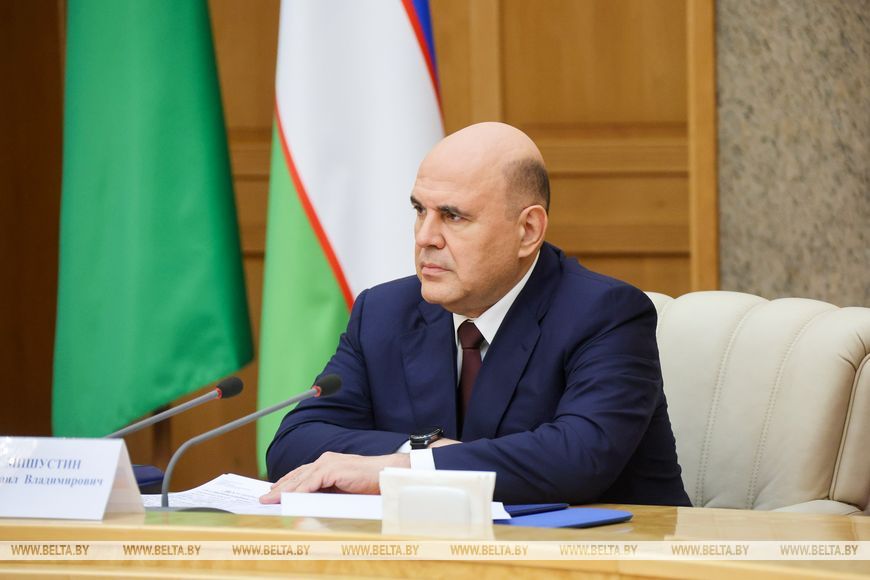
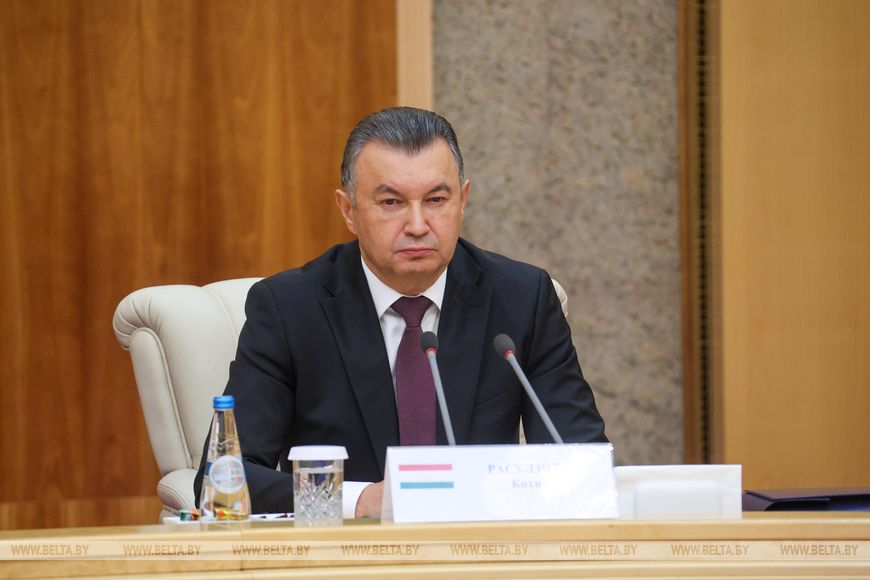
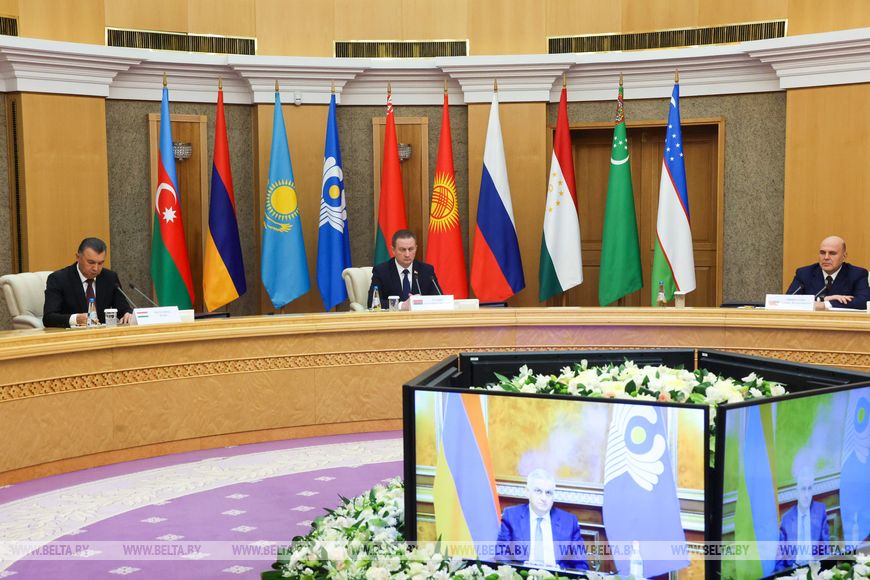
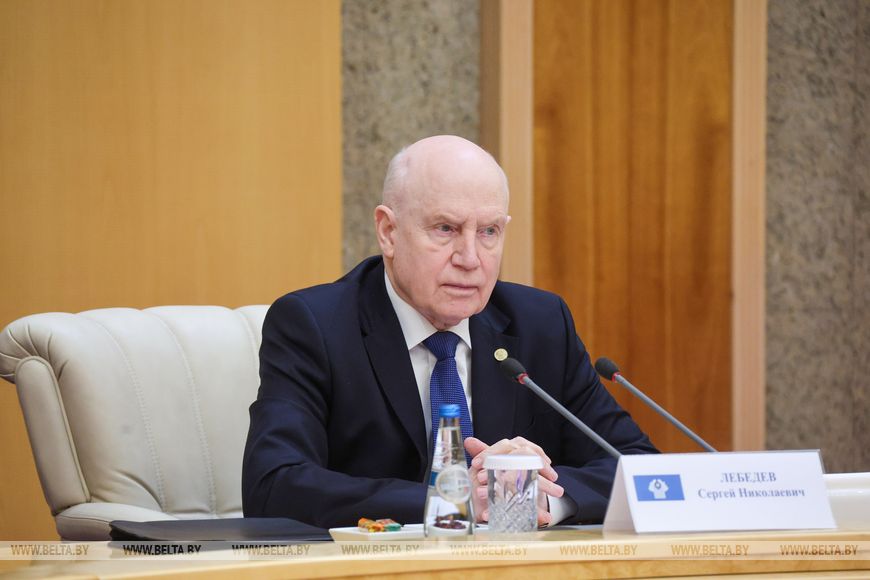
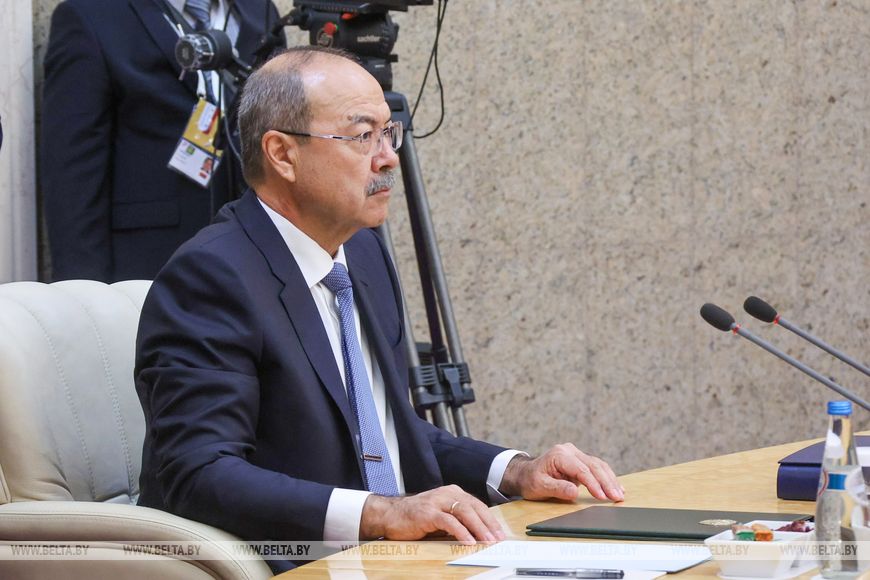
“The priority task for the CIS remains creating conditions for economic growth, increasing mutual trade and investments. Although individual CIS countries continue to face unprecedented Western economic sanctions, according to preliminary estimates of the CIS Interstate Statistical Committee, the GDP of the CIS member states grew by 2.2% in H1 2025. I am confident that the economic growth in the CIS will depend on successful cooperation,” Aleksandr Turchin said.


Among the key areas, he named the strengthening of the CIS free trade. “Our joint efforts should focus on removing trade barriers and further liberalizing trade in services. We expect that the agreement on services and investments will become effective for all its participants this year, and we will begin discussions on simplifying access to service sectors within the CIS. Especially since today we are to approve strategies for cooperation in such promising service sectors as digitalization of multimodal transport corridors, development of the information society and digital economy,” the prime minister noted.
He placed special emphasis on strengthening technological sovereignty and developing industrial cooperation, creating science-based and competitive productions, and regional value chains with prospects of entering third-country markets.
“In addition, we must continue cooperation in the fuel and energy sector, from sharing best practices in energy efficiency to forming common energy markets and enhancing the investment appeal of renewable energy sources in the wholesale electric power market. It is also important to step up interaction in the development of nuclear energy and nuclear technologies,” the Belarusian prime minister stated.

He separately highlighted the development of transport and logistics. “Multimodal transport is becoming an integral part of the logistics infrastructure of the CIS member states. Road and rail transport complement each other, ensuring flexibility and accessibility of shipments. Their development will allow the CIS member states to use sections of strategically important international transport corridors, such as North-South, East-West, Belt and Road, Northern Sea Route, etc., more effectively. The signing of the strategy for digitalizing the main multimodal transport corridors of the CIS member states today will help reduce barriers to international trade and improve the region’s logistics connectivity,” Aleksandr Turchin said.
He also emphasized the importance of implementing the CIS food security cooperation program and simplifying procedures for the cross-border movement of agricultural products through the organization of green corridors.
“Furthermore, we must work more actively on forming a unified CIS scientific and technological space. The adoption of the ten-year strategy for scientific and technological development will be an important step in this direction. Our country is currently intensively developing biotechnologies, and we expect a new level of interaction during the implementation of the Interstate Program of Innovative Cooperation of the CIS Member States through 2030,” the prime minister stressed.

The Belarusian prime minister noted that the modern economic landscape is actively transforming, with global changes dictated by both the political context and the dominance of new technologies. “However, there is every reason for the further economic determination of the CIS countries to be successful. I am referring to our resource capabilities, historically established ties, and the high level of intellectual potential of the population. All this makes the CIS a promising organization in the context of modern international transformations. The successful implementation of the set tasks and the intensification of cooperation will allow the CIS countries to strengthen their positions on the world market and ensure technological progress, giving impetus to fundamentally new research and unique competencies in a number of areas,” Aleksandr Turchin said.












